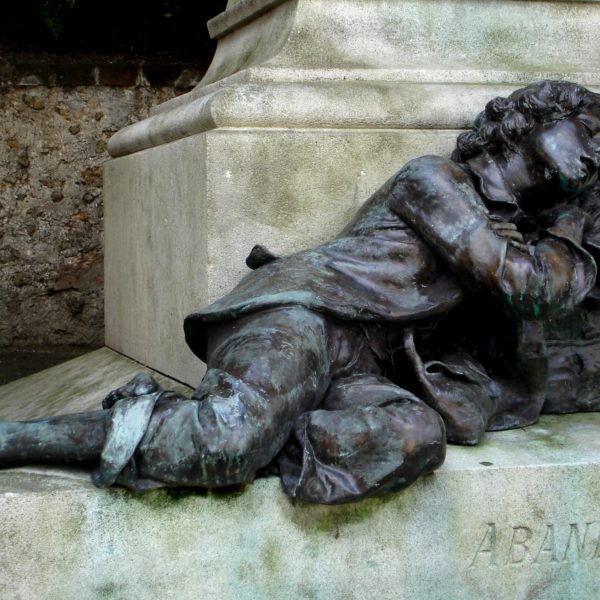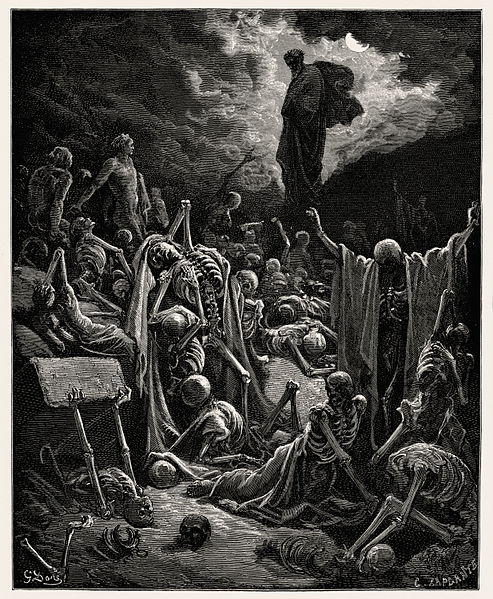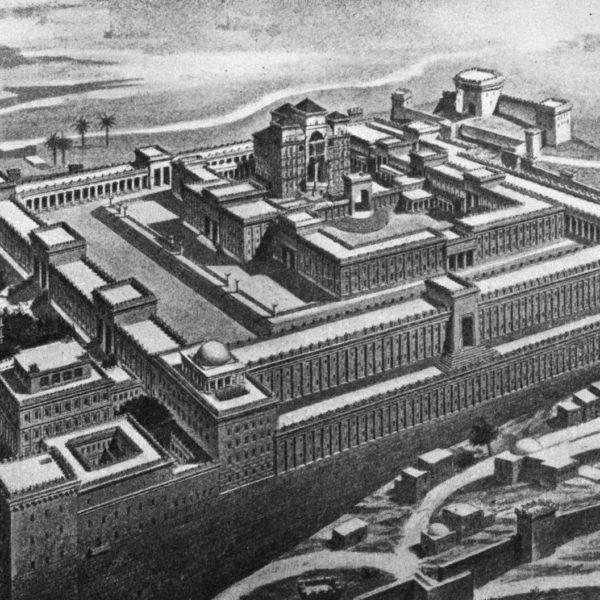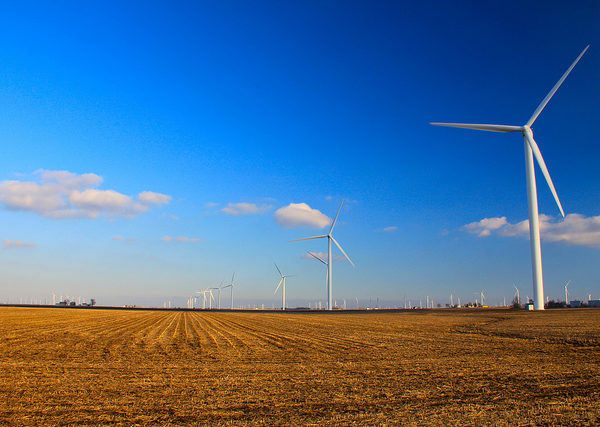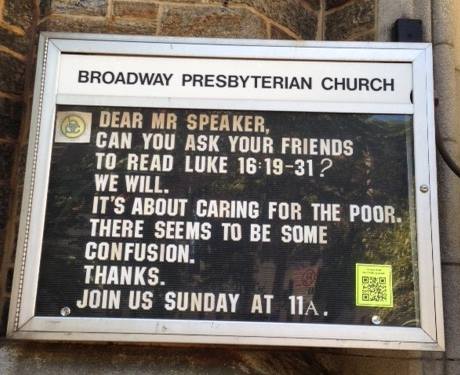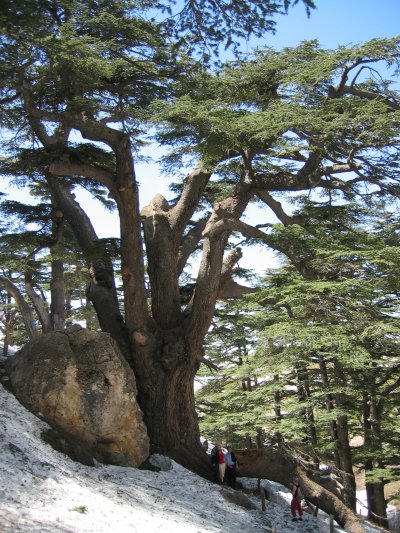
Isaiah 35:1-10 is a hopeful final statement to First Isaiah. Bringing together images of nature leading the way into a new world and release from political oppression, it continues to resonate in our contemporary situation.
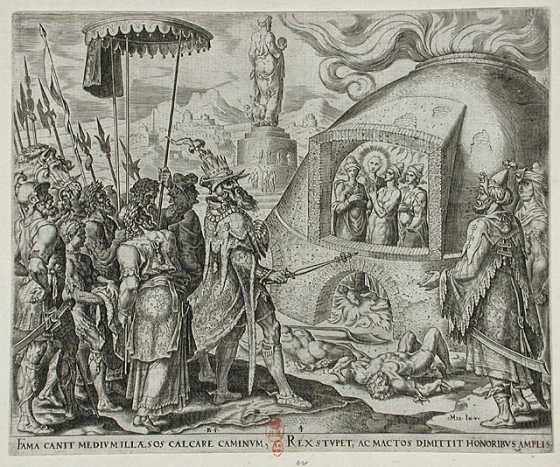
The story of the deliverance of Daniel’s three friends from persecution for their faith takes an unpleasant turn as a new form of religious oppression is set up as its immediate effect. Apparent victories are all too often co-opted by the vicious dynamics of the political systems that they appeared to have overcome. In Advent, however, we see a political rupture that can never be dissolved back into the prevailing power structures.

In light of the two kingdoms doctrine and the separation of church and state, understanding the appropriate form of Christian prayer for and engagement with the political realities of our societies can be complex. In Jeremiah’s message to an exiled people, we find a pattern for prayer in a pluralistic context, a calling that identifies our primary task to be one of seeking the common good and welfare of our communities, rather than one of submission or conversion.
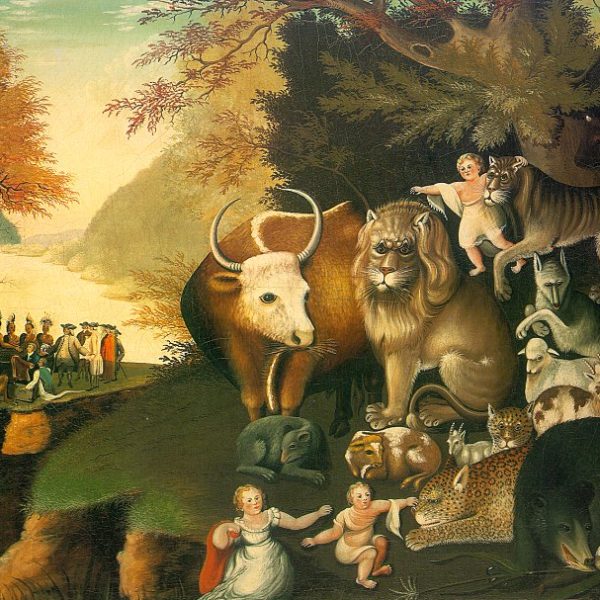
In Isaiah’s prophecy a young child serves as a sign puncturing the gloom of a dark political situation. The use of infants and young children to draw attention to God’s future within the book of Isaiah has significance for our own political visions. In regarding the sign of our children we can accomplish an existential turn from a politics driven by the selfish interests of our own generation to one of responsibility and hope for the well-being of those to come.
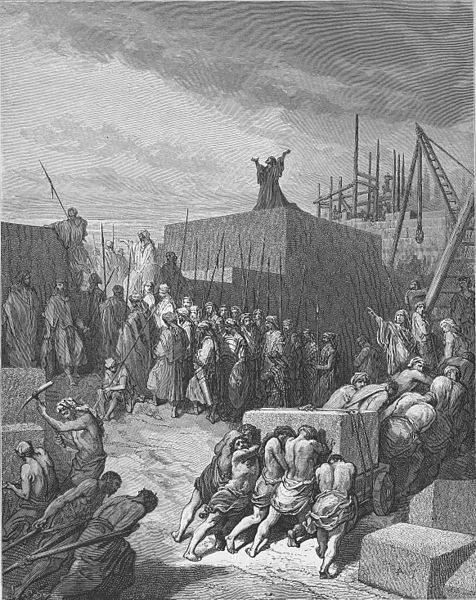
As it was with Haggai, the real test of leadership is not necessarily the capacity to motivate people to action, but rather to keep them fixed on that same goal when it becomes clear that the rhetoric that moved them in the first place bears little resemblance to the actual situation in which they have to act.
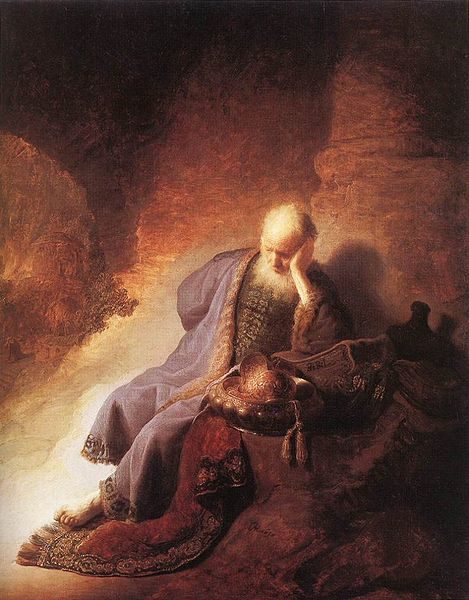
Jeremiah 31:27-34 confirms for us that God is present through the thick and thin of pain and suffering and in the disturbing questions that these experiences raise. But a day will come when God out of God’s grace and mercy will provide the community with all that is needed to overcome this pain and build life anew.
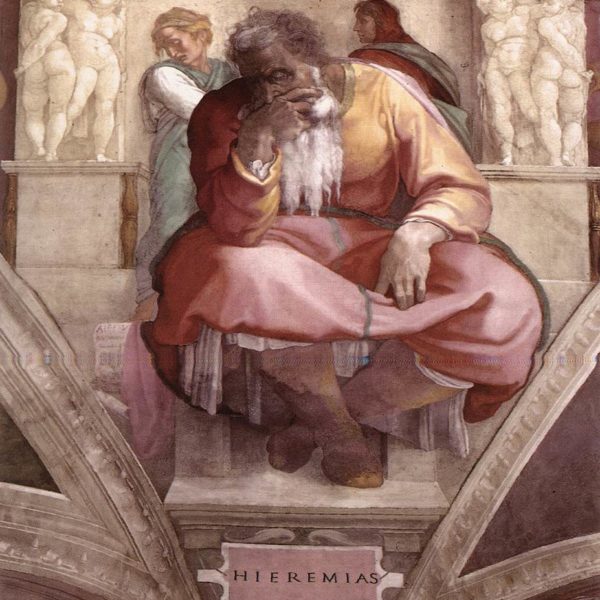
The policy of accommodation, cooperative political activities and praying to God for the well-being of a foreign city as suggested by Jeremiah was both innovative and a great challenge to the exilic community. It also has lessons for us as we seek a public, politically and socially relevant theology.
